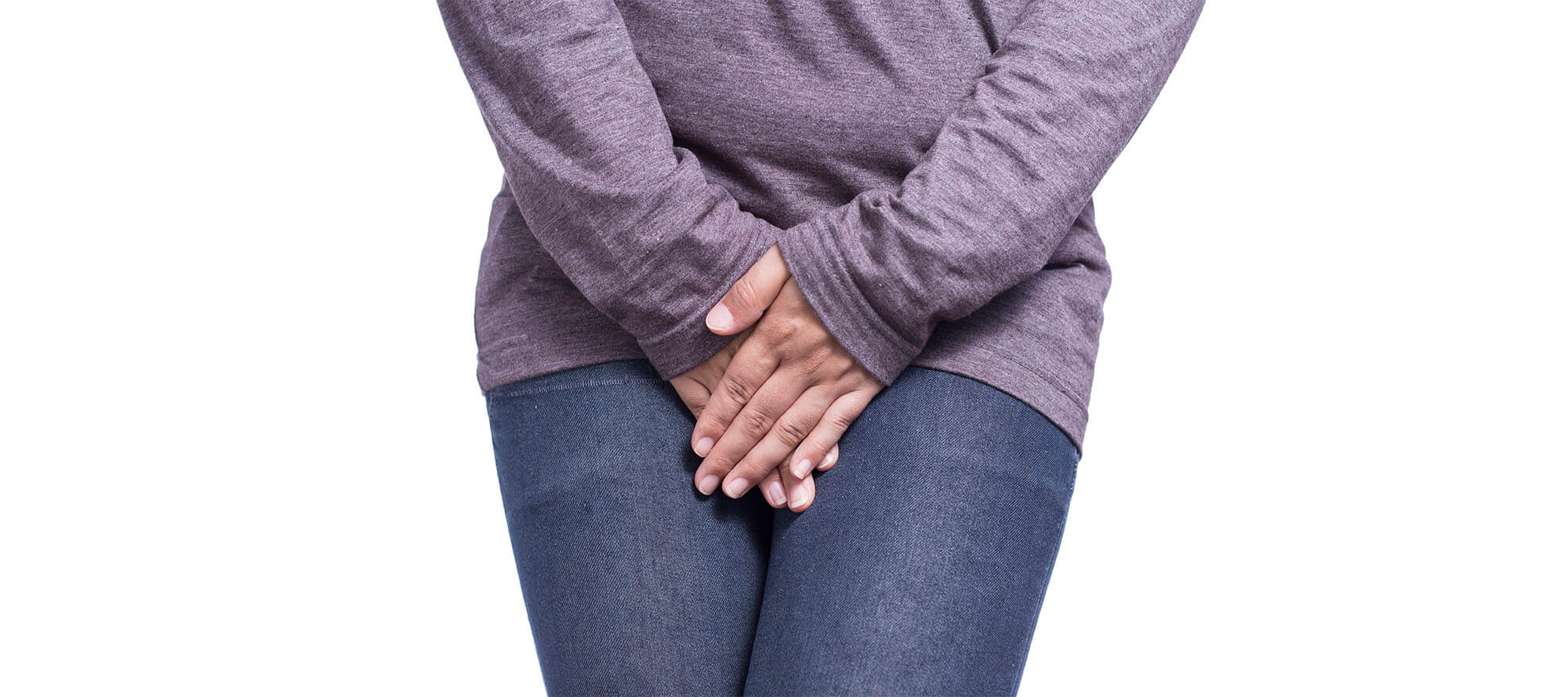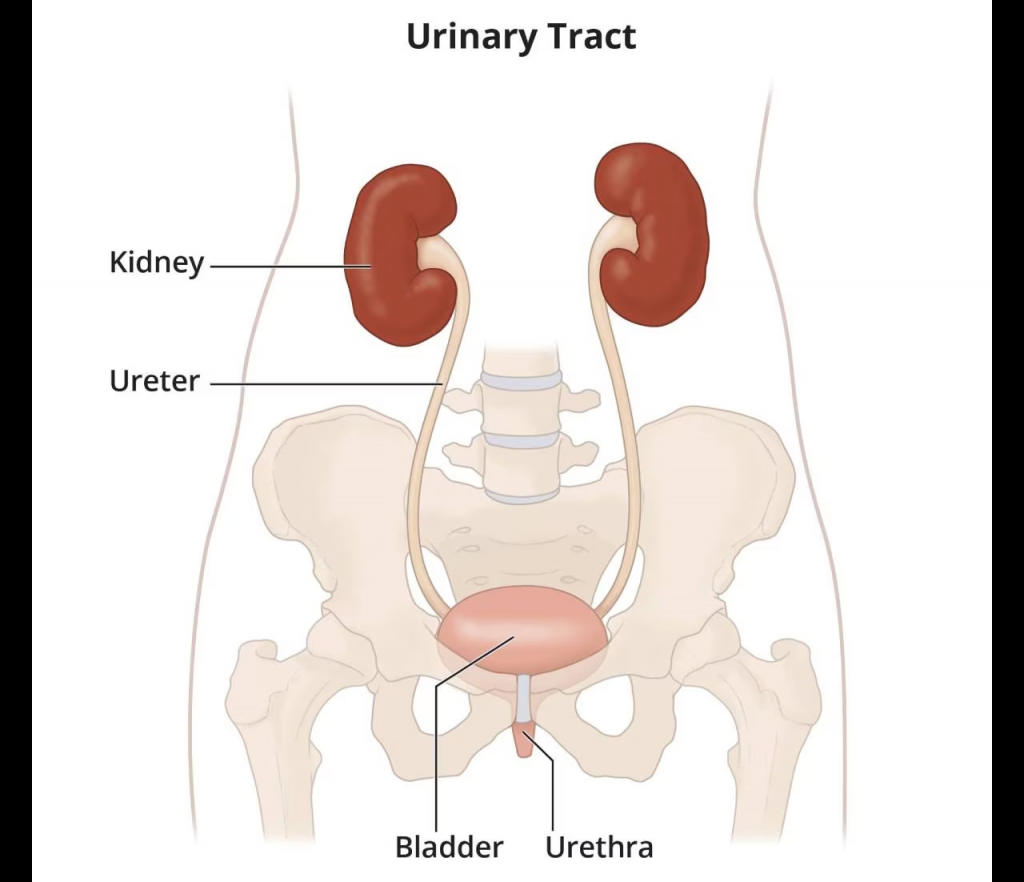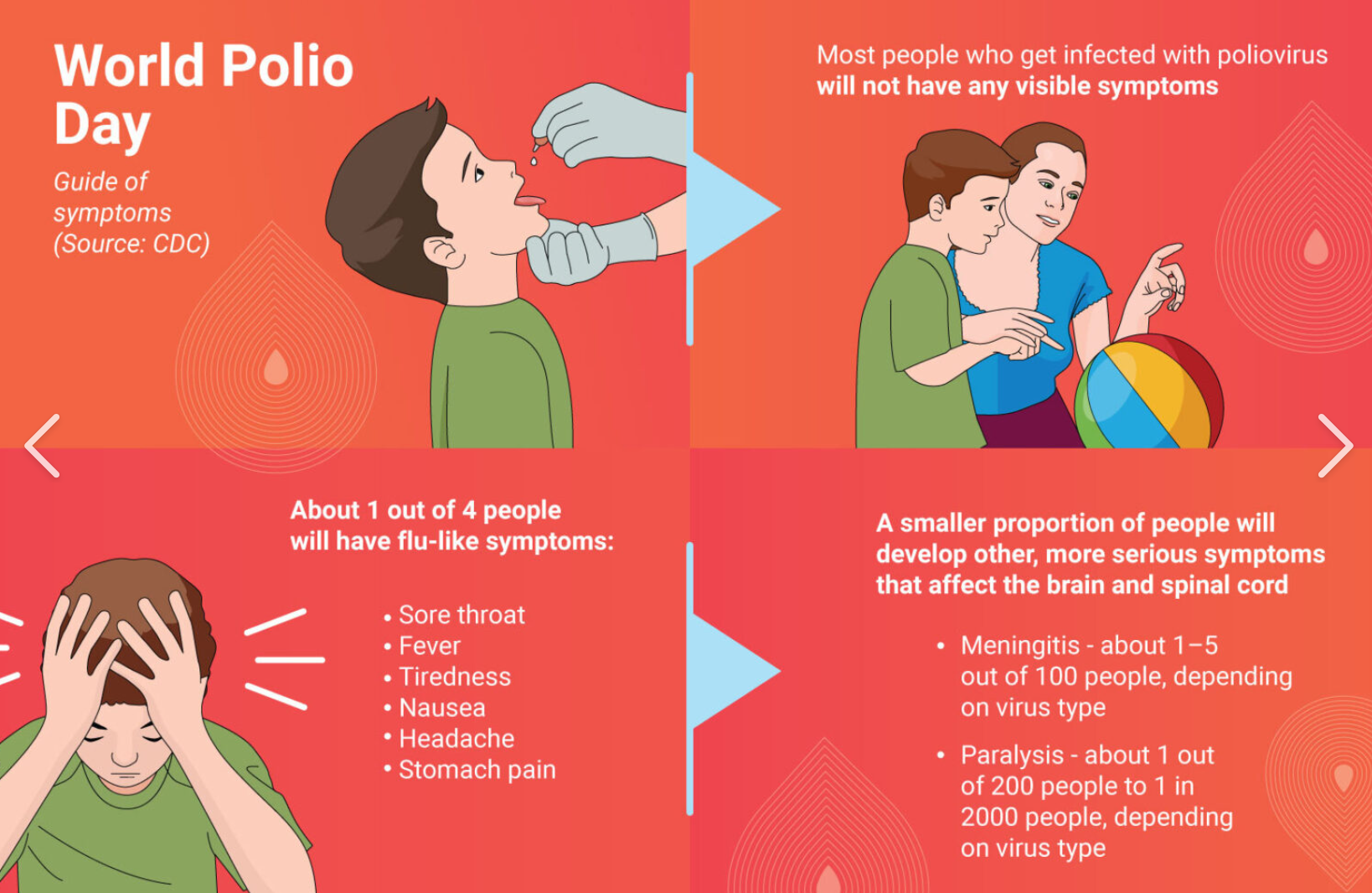Ever found yourself in a situation where you had to “hold it”? Maybe it was during a boring lecture in elementary school, or perhaps you were snuggled up in a cozy blanket on a cold winter night, unwilling to leave the warmth. Or maybe you were in the middle of an intense video game battle, and pausing just wasn’t an option. Holding your pee seems like a harmless act, something that happens to everyone from time to time. But what if I told you that this seemingly innocent habit could be doing some serious damage to your body?

What Happens When You Hold Your Pee?
Your kidneys are constantly filtering waste from your blood, turning it into urine. This urine then travels down two tubes called ureters and into your bladder. Think of your bladder as a stretchy water balloon, constantly filling up with urine.

Below your bladder is the urethra, the exit route for your urine. This passageway is guarded by the “urethral sphincter,” a muscle that keeps the gate closed most of the time. Only when you’re ready to pee does this sphincter open up, allowing the urine to flow out.
Normally, when your bladder contains between 150ml to 250ml of urine (about the same as a small carton of milk), you start to feel the urge to go. This happens because the receptors in your bladder wall get excited as the bladder fills up. This excitement sends a signal to your brain, asking for permission to release the floodgates.

When you’re ready and the bathroom is available, your brain gives the command: “Open up, and let it flow!” The urethral sphincter relaxes, your bladder contracts, and the pressure inside increases, sending the urine out in one smooth motion.
But when you hold it in, your brain tells the sphincter to stay closed. As a result, the urine keeps piling up, and your bladder starts to stretch like a balloon.
When the bladder reaches a certain point and you’re still holding on with sheer willpower, the tension becomes unbearable. It’s like Aunt Snow (a character from a famous Chinese drama) is knocking on your bladder, her palm slapping against it, “ba ba ba!” No matter how strong-willed you are, eventually, you’ll give in. Your brain will crash, the floodgates will open, and the sphincter will let go. A warm, uncontrollable stream will burst forth, ignoring all social norms, bystanders’ stares, and the terror of your underwear. This is known as “overflow incontinence.”
But Wait, Where Does the Pee Go If You Hold It?
You might be thinking, “So what? The pee eventually comes out, right?” Well, not always. Holding your pee can lead to some serious consequences.
- Bladder Loses Elasticity, Leading to Urine Retention
Your bladder is a flexible organ, capable of stretching and contracting. But if you keep stretching it by holding your pee, it can lose its elasticity. This means that when you finally do go, your bladder might not be able to contract properly, leaving some urine behind. This is called “urine retention.”
- Urine Backflows into the Kidneys, Damaging Kidney Function
When you hold your pee, your bladder fills up until it can’t take any more. At this point, the urine can’t squeeze into the bladder and instead gets stuck in the kidneys and ureters. This can disrupt the “one-way flow” mechanism, causing urine to backflow into the kidneys. This can lead to kidney swelling and even damage to kidney function.
- Bacteria Invasion, Leading to Urinary Tract Infections (UTIs)
Compared to men, women have shorter and wider urethras, making them more susceptible to bacterial infections. Regular urination helps flush out bacteria and reduces the risk of infection. But if you regularly hold your pee, you’re giving bacteria more opportunities to invade, increasing your chances of getting a UTI.
What Should You Do?
Don’t worry; one-time pee holding isn’t going to kill you. Your bladder is tougher than you think. But the real danger comes from making it a habit. So, whenever possible, don’t hold it in!
If you know you’re going to be in a situation where you might have to hold it, like a long meeting or a movie, try to go to the bathroom beforehand and maybe cut back on your water intake.
Final Thoughts
In summary: Pee when you need to, and don’t make holding it a habit. As the saying goes, “Holding it in might feel good for a moment, but it could lead to a bladder disaster.” So, go ahead, find a bathroom, and let it flow!







Leave a Reply